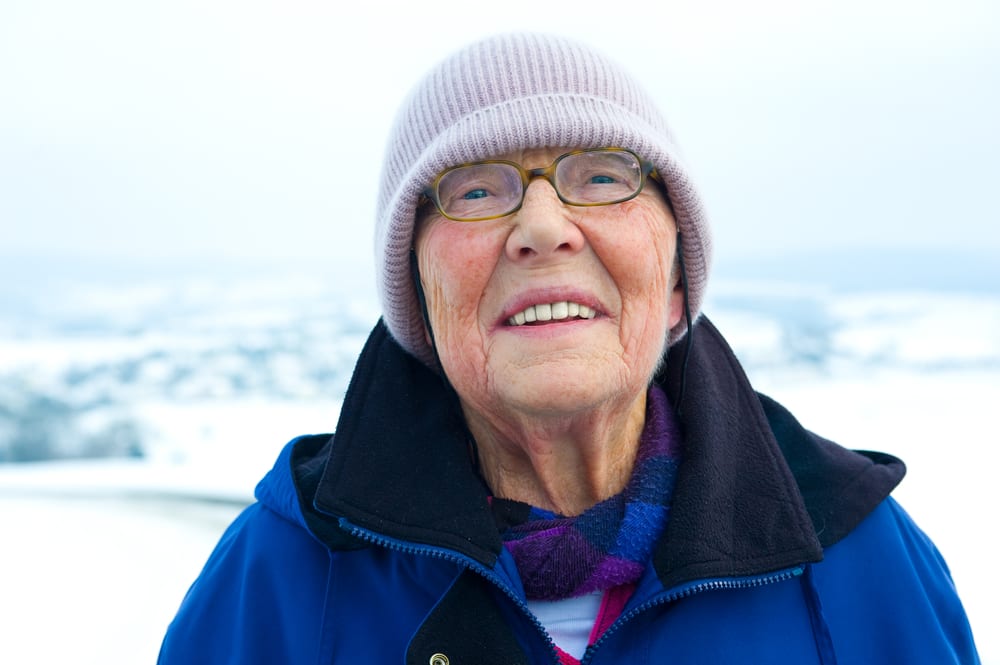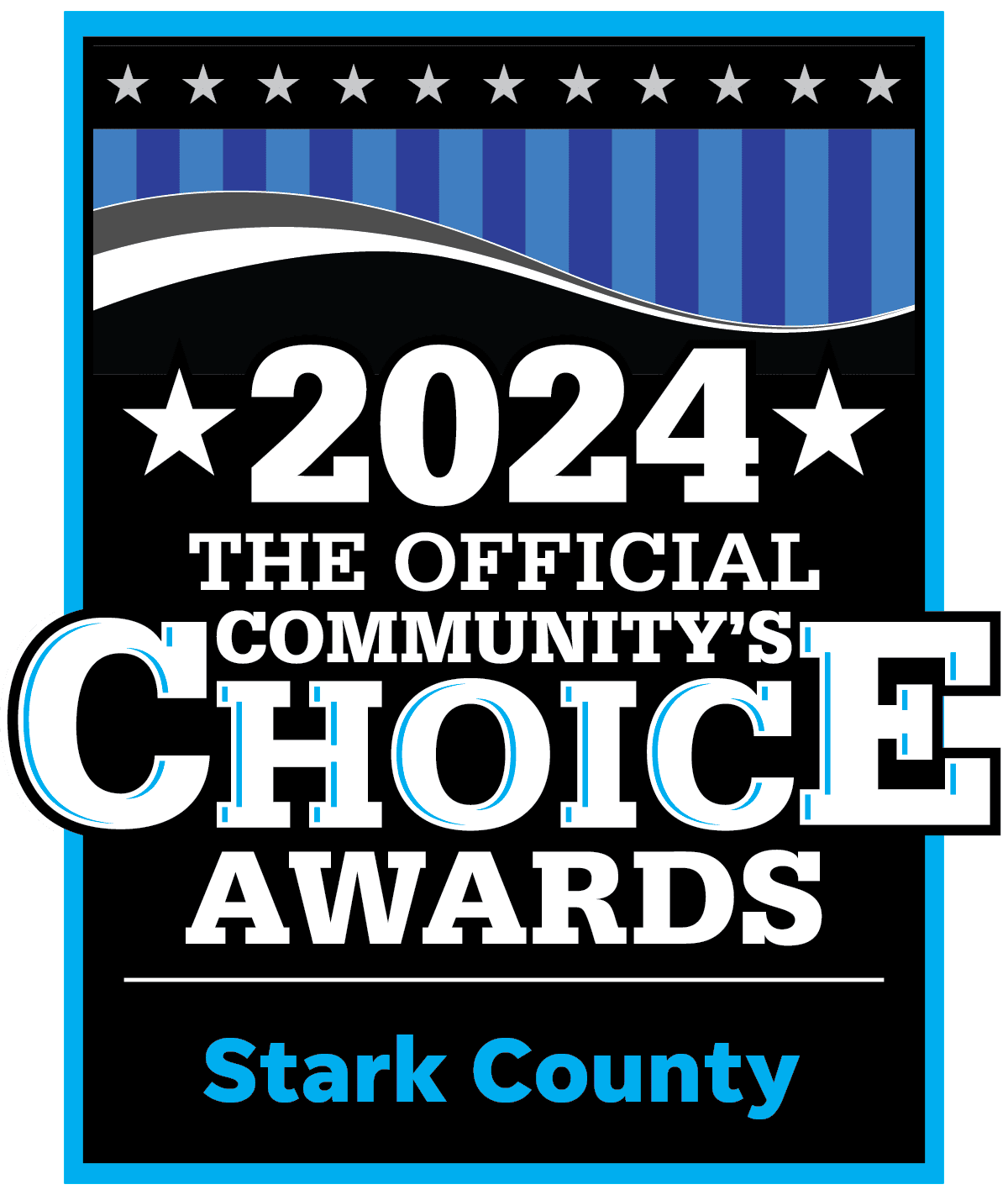
5 Winter Health & Safety Tips for Seniors
1. Ward Off Seasonal Depression
Winter can be hard on all of us… It’s cold, gloomy, and there’s no sun to give us our daily dose of vitamin D. Seniors, especially those living in assisted living facilities, are more prone to feelings of isolation and loneliness.
There are 2 major ways to combat the gloom and isolation of winter: visiting with friends and family, and staying active. Even just taking a stroll around the assisted living center each day is enough for seniors to feel like they’re part of a community, plus walking is great exercise! Since it’s difficult for seniors to leave the house or their assisted living facilities during winter, it’s important that friends and family make frequent visits or calls to remind them that they are loved.
2. Protect From the Cold
While it may seem obvious that you should dress warm in the winter, this is especially important for older adults as they are more prone to hypothermia. When seniors go outside in freezing temperatures, it’s important to wear layers, cover the head and hands, and breathe through a scarf to prevent lung damage. Layers should be warn in any kind of cold weather, freezing or not, as shivering puts extra stress on the body.
3. Wear Proper Footwear
Snow and freezing temperatures make for dangerous situations that can lead to serious falls. Any time an older adult goes outside, even if it’s just to get in the car or check the mail, they should ensure they are wearing proper non-slip footwear with plenty of tread. Loved ones and caregivers should always keep an eye out for icy patches and offer assistance to seniors when walking outside. After all, it’s much easier to prevent a fall than to recover from one.
4. Eat a Balanced Diet
Vitamin D deficiency is one of the biggest concerns during winter. To make up for the lack of vitamin D we normally receive from the sun, it’s important that seniors eat a varied diet that includes vitamin D and calcium-rich foods such as milk, eggs, and fish. It may be beneficial for seniors who aren’t taking a multivitamin to start now to ensure they’re getting all the vitamins and minerals necessary for good health and a strong immune system.
5. Monitor Temperatures
Take special care to monitor temperatures both indoor and outdoor, as well as internal body temperature. Indoor temperatures should stay consistently warm, never dropping too low at night. Seniors should stay away from any drafty areas in the home or facility where they stay, or wear extra layers or blankets to compensate.
Body temperature should never drop below 95 degrees Fahrenheit as that is a sign of illness. Seniors should seek medical attention if they are exposed to cold temperatures for a long period of time, or if your body temperature begins to drop.
To find out if senior assisted living is for you or a loved one, schedule a free lunch and tour of The Inn at Belden Village today!
Sources Include: Welcome Home Care, Healthy Aging











